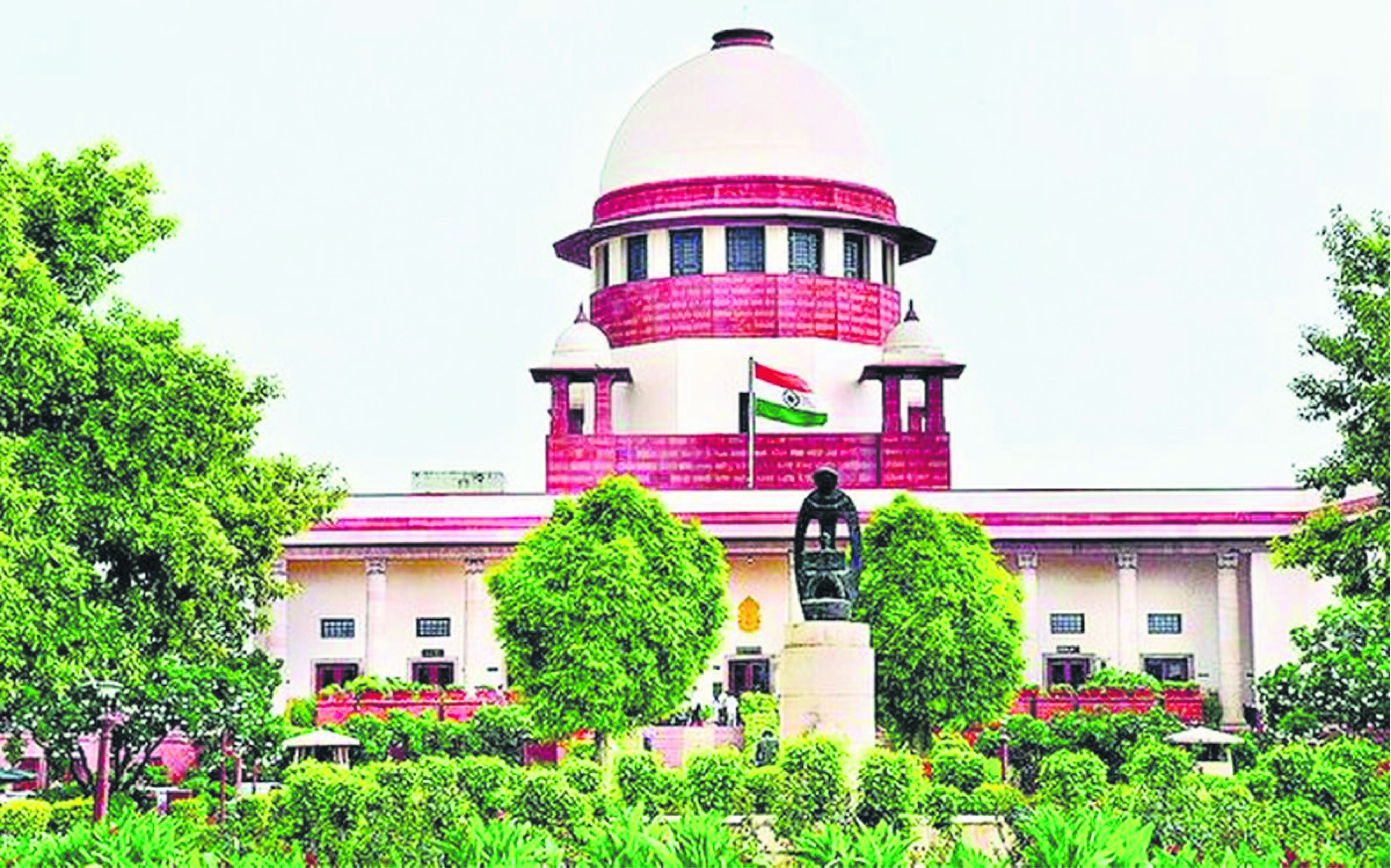The Punjab and Haryana High Court has said that it is not subordinate to the Supreme Court and emphasised that the apex court has no authority to issue directions regarding specific proceedings pending before it.
Justice Rajbir Sehrawat highlighted the independent status of the high court, comparing the relationship between the high court and the Supreme Court to that of a high court and a civil judge within its jurisdiction. This remark came during the hearing of a case wherein the Supreme Court had stayed contempt proceedings before the high court.
“Probably more caution on the part of the Supreme Court would have been more appropriate,” said Justice Sehrawat. He further noted that such an order could be seen as avoiding responsibility for potential consequences and reflecting a tendency to view the Supreme Court as more ‘supreme’ than it is, and the high court as less ‘high’ than it constitutionally is.
Justice Sehrawat asserted that the Supreme Court’s order created issues of constitutional conformity and increased the case backlog in the high court. He noted that the high court’s power under Article 215 of the Constitution is articulated in the same language as Article 129, which grants the Supreme Court authority to punish for contempt of its orders. The power to initiate and continue contempt proceedings regarding its orders is exclusively with the high court under Article 215 and Section 12 of the Contempt of Courts Act.
He clarified that the Supreme Court’s role is limited to hearing appeals against high court Division Bench orders convicting a contemnor. An appeal against an order by a Single Bench does not go directly to the Supreme Court but is heard by the high court Division Bench. Justice Sehrawat questioned the Supreme Court’s power to stay the operation of Article 215 and the Contempt of Courts Act.
He noted that an order staying contempt proceedings in an SLP had deprived about 35 per cent of the Punjab and Haryana superior Judiciary of their selection grade and super time scale for several years. While the Supreme Court likely did not intend such drastic consequences, this situation arose as the high court, on its administrative side, interpreted the stay as suspending the final judicial order passed by its Division Bench.
“A legitimate question arises as to who is responsible for this plight of judicial officers manning the Superior Judiciary of Punjab and Haryana. Is it the high court or the Supreme Court? A soul-searching on this aspect by both may surprise them equally,” the Bench observed.







